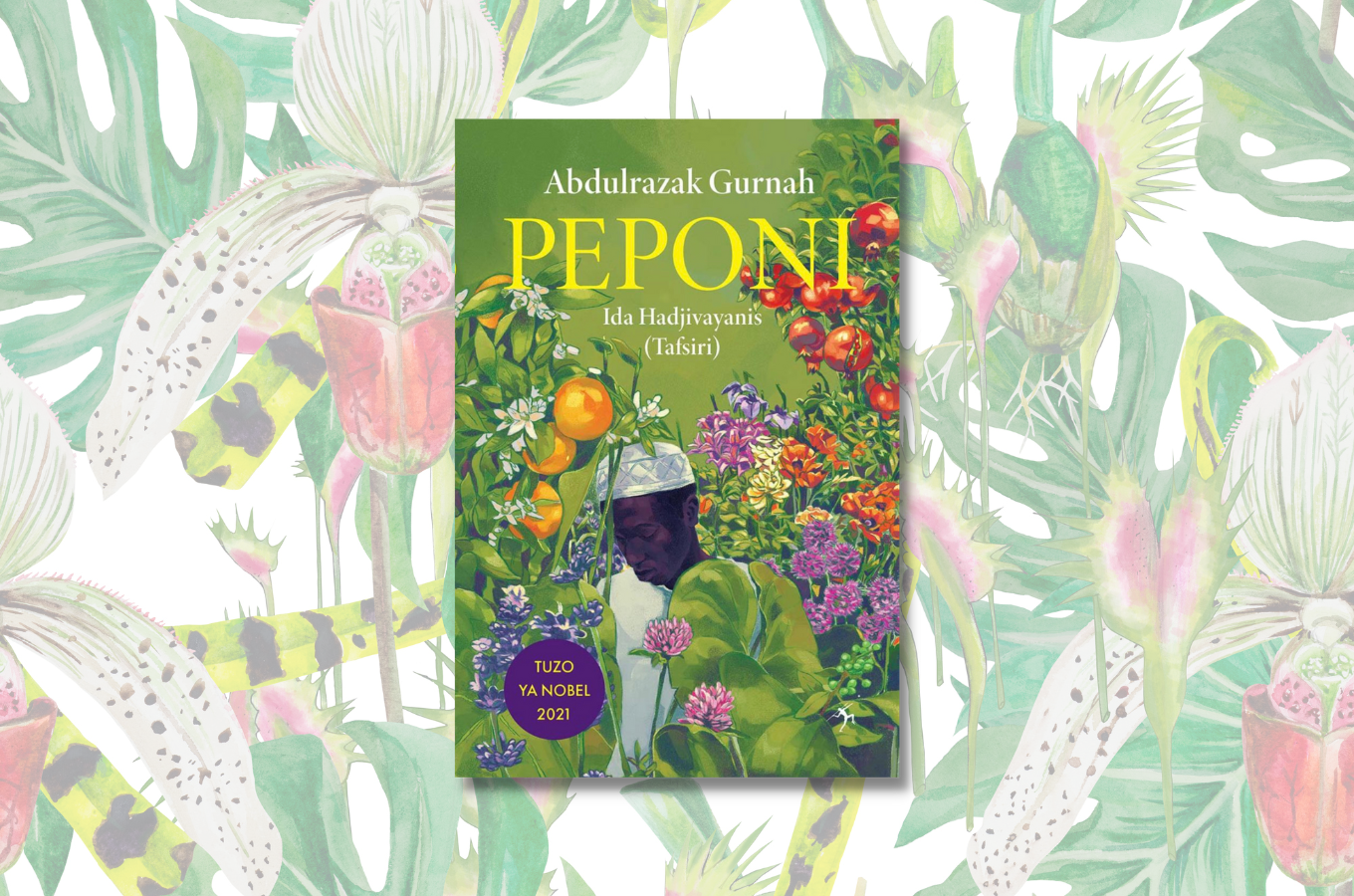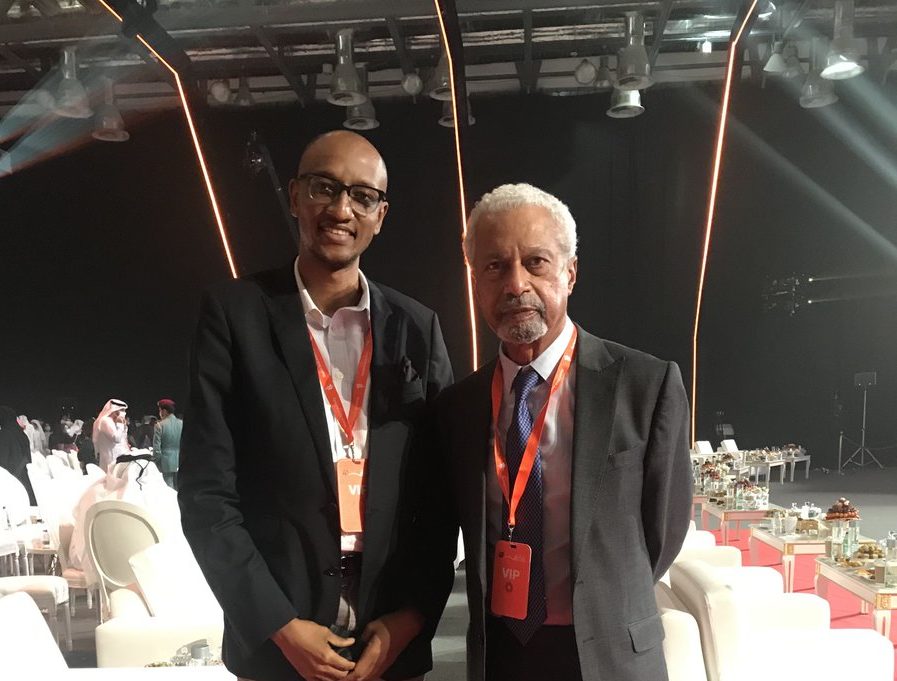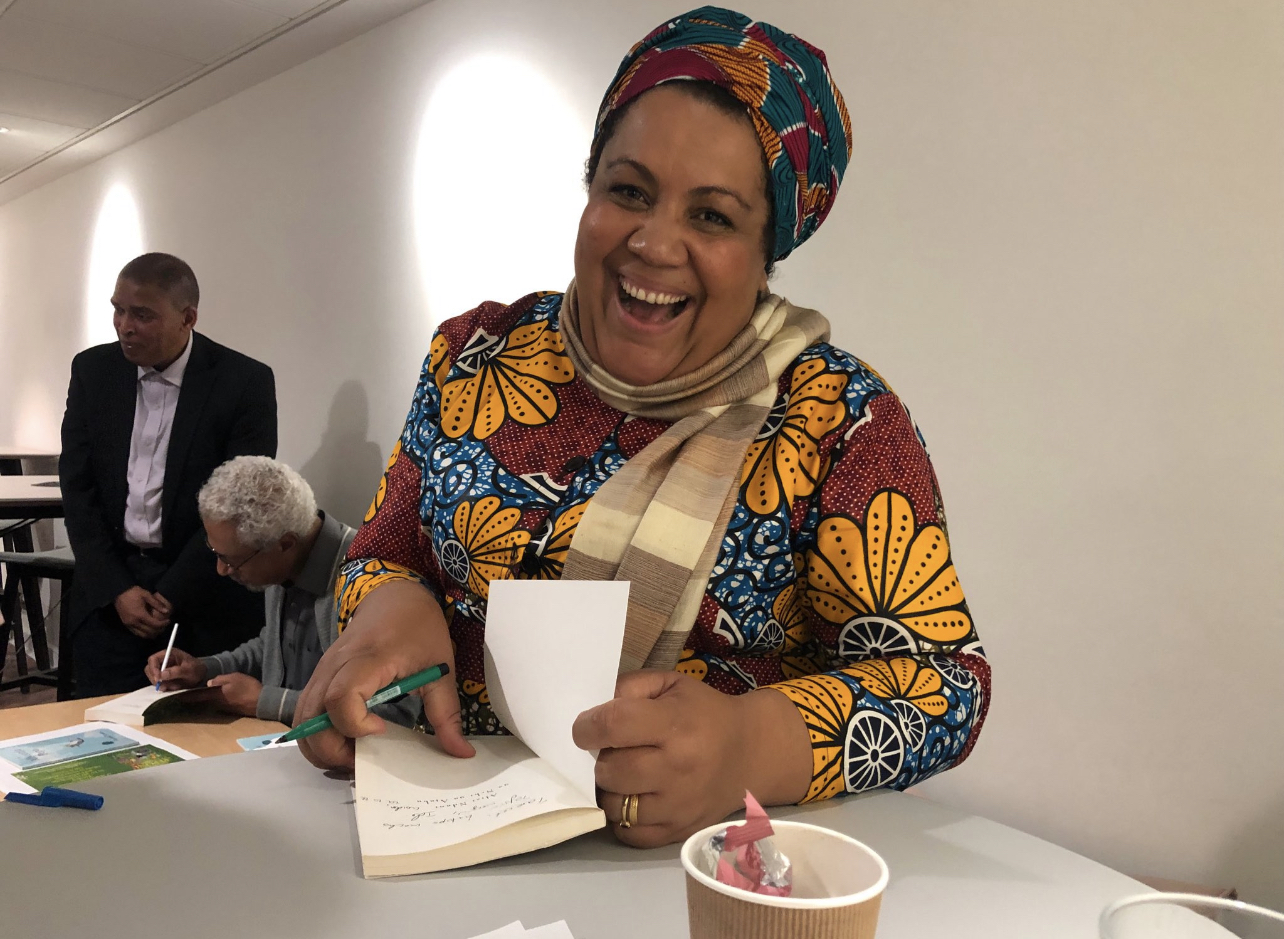
The Swahili translation of Paradise by Tanzanian Nobel Prize laureate Abdulrazak Gurnah is finally out, and we would like to give a shoutout to some of the people who made it possible. The translation titled Peponi was published last year by Swahili language press Mkuki na Nyota and distributed globally by African Books Collective.
When Gurnah won the Nobel Prize for Literature two years ago, his work became hot-commodity overnight in the translation market. A Chinese publisher acquired rights to translate ten of his books, five of which were published last year. Go here if you missed the news. While that is impressive, it is far more exciting that a Swahili translation is now available.
The translation was published by Mkuki na Nyota, an “indigenous Book Publishing Company” based in Dar Es Salaam in Tanzania. Founding Director Mkuki Bgoya told the BBC that “it is important for Tanzanians to read Abdulrazak’s work” since “he covers a lot of the realities of being Tanzanian both at home and overseas.”

The publishing company, which focuses on Tanzanian writing, is also tied to a book store. Bgoya said that both businesses were launched as a response to a literary culture centered too much on educational writing, making no space for literary texts. Selling Gurnah’s English novels was part of an effort to change this, though there were challenges. Mainstream readers were not familiar with his work. Education officials who assigned books in public school curricula were not likely to feature Gurnah’s work since it was written in English and also because, unlike authors such as Ngũgĩ wa Thiong’o, Gurnah was far from being a household name.
This is where Dr Ida Hadjivayanis comes in. She is a Tanzanian professor at The School of Oriental African Studies (SOAS) in London. She told the BBC that the translation of Gurnah’s Paradise was already in the works before his Nobel prize. She was inspired to translate the book because she believed that Gurnah’s work was an important addition to the Swahili language tradition. Aside from reaching Tanzanians who read Swahili, it would be an important contribution to Gurnah’s body of work and give readers the chance to experience his writing differently.

Paradise seems like the perfect Gurnah novel translate to Swahili. It tells the story of an African boy who goes on a caravan trip with an Arab merchant. Set in the 20th century, it depicts colonial presence in East Africa. The book also enjoyed global acclaim when it was published in 1994. It was nominated for the Booker Prize.
As Dr. Hadjivayanis remarks about the impact she hopes the book will make, Tanzania’s “history, reality and memories are all embedded in the work in such a beautiful way.” With this translation, Tanzanian readers get to experience the power of Gurnah’s writing. Gurnah left Tanzania in 1967 due to political unrest. We wonder if he sees this publication as a kind of homecoming.
About 100 million people speak Swahili (according to Wikipedia), which, unlike many African languages, has an established literary culture and market. So, this translation makes both cultural and market sense.
Congrats to everyone who brought the idea of a Swahili translation of Paradise to reality. They clearly put a lot thought into the book, as is evident from the stunning cover art.
Go here to order a copy.









COMMENTS -
Reader Interactions